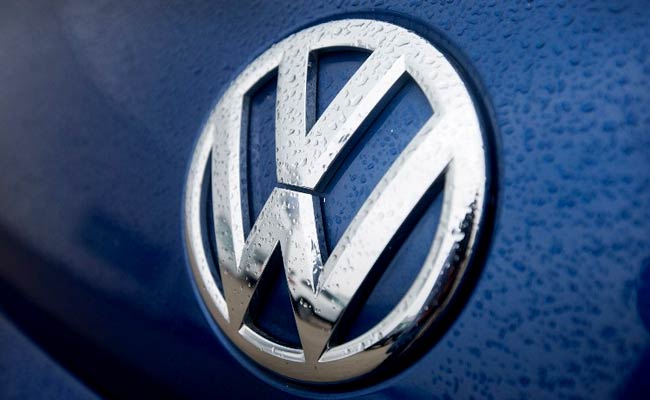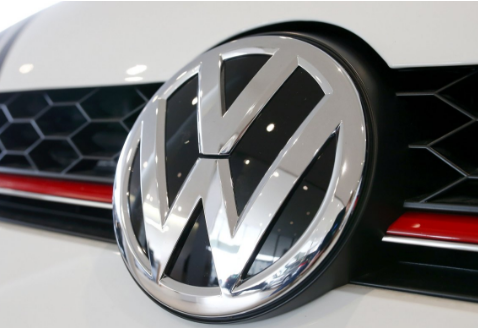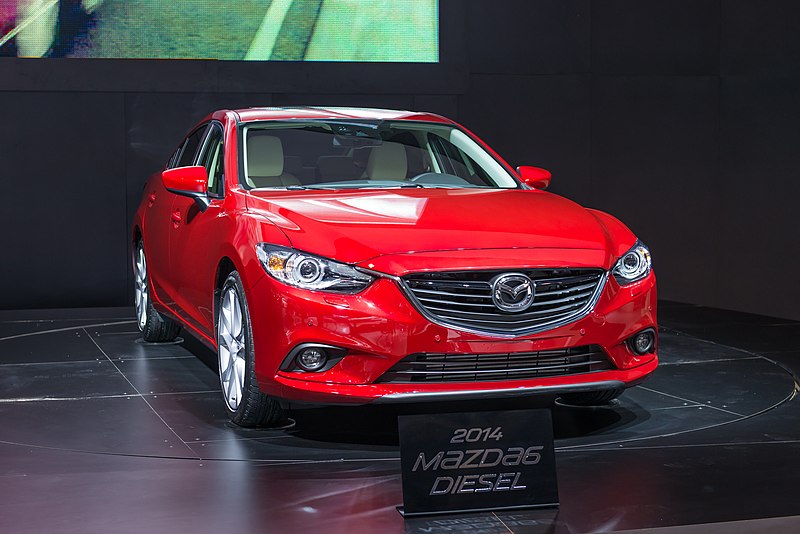Now Reading: EU court backs broader definition of tools used to rig auto emissions tests
-
01
EU court backs broader definition of tools used to rig auto emissions tests
EU court backs broader definition of tools used to rig auto emissions tests

Technologies used by Volkswagen for rigging vehicle emissions tests should be considered unlawful, the European Union’s highest court ruled on Thursday, even if they contribute to preventing ageing or clogging up of the engine.
The Court of Justice of the European Union was asked to rule in a French prosecution against the automaker for allegedly deceiving buyers of diesel vehicles.
Volkswagen had argued in support of a restrictive definition of devices used to rig emissions tests, limited to technologies and strategies operating only “downstream”, or after possible emissions are produced.
However, the court observed that the term should also apply to “upstream” technology.
The use of so-called defeat devices to help a vehicle pass emissions tests is unlawful under EU law.
The French case was about an exhaust gas recirculation (ERG) valve, which can redirect some exhaust gases back into the air supply for the engine to decrease final NOx emissions.
The ERG was adjusted in tests using a device to permit emissions to remain below the regulatory ceiling, but according to an expert’s report the device would in normal conditions result in the partial deactivation of the ERG and higher NOx emissions.
Operation of the ERG would have made maintenance more frequent and expensive because, for example, the engine would clog up more faster.
Volkswagen said that the court’s opinion on the categorization of the ERG had no consequences on legal proceedings about its diesel cars, in Germany or elsewhere.
“In the legal disputes still ongoing outside of Germany, the outcome ultimately depends on the question of possible damage to the vehicle keepers concerned,” the automaker said.
Volkswagen announced recalls of almost 950,000 vehicles in France after the dieselgate scandal in which it admitted in 2015 to using illegal software to evade U.S. diesel engine tests.
The scandal has cost Volkswagen over $30 billion in vehicle refits, fines, and provisions.
Stay Informed With the Latest & Most Important News
Previous Post
Next Post
-
 01Polestar Boss Says It’s Time To Outrun BMW M And Mercedes-AMG
01Polestar Boss Says It’s Time To Outrun BMW M And Mercedes-AMG -
 02Spy Shots: 2027 Mitsubishi Pajero Spotted in Testing Ahead of Possible U.S. Return
02Spy Shots: 2027 Mitsubishi Pajero Spotted in Testing Ahead of Possible U.S. Return -
 03Spy Photos: VW ID. Polo GTI Goes Electric with 223 HP and 280 Miles of Range
03Spy Photos: VW ID. Polo GTI Goes Electric with 223 HP and 280 Miles of Range -
 042026 Toyota Hilux EV: A Powerful Truck with Silent Torque
042026 Toyota Hilux EV: A Powerful Truck with Silent Torque -
 05The Controversial Ford Voodoo V8 That Was Killed Off Too Early
05The Controversial Ford Voodoo V8 That Was Killed Off Too Early -
![2027 Mercedes-Benz S-Class Debuts with V8 Engine [Photo Gallery]](https://speedlux.com/wp-content/uploads/2026/01/2027-Mercedes-Benz-S-Class-33-155x125.jpg) 062027 Mercedes-Benz S-Class Debuts with V8 Engine [Photo Gallery]
062027 Mercedes-Benz S-Class Debuts with V8 Engine [Photo Gallery] -
 07Hyundai Palisade’s Breakout Year Shows How Quickly the Market Can Turn
07Hyundai Palisade’s Breakout Year Shows How Quickly the Market Can Turn


![2027 Mercedes-Benz S-Class Debuts with V8 Engine [Photo Gallery]](https://speedlux.com/wp-content/uploads/2026/01/2027-Mercedes-Benz-S-Class-33-700x394.jpg)











































